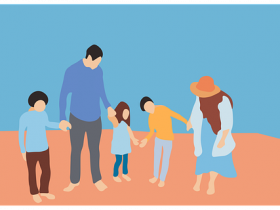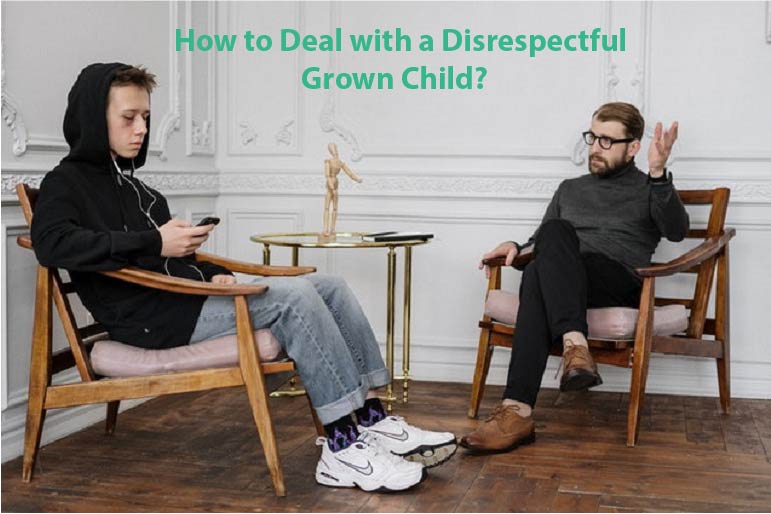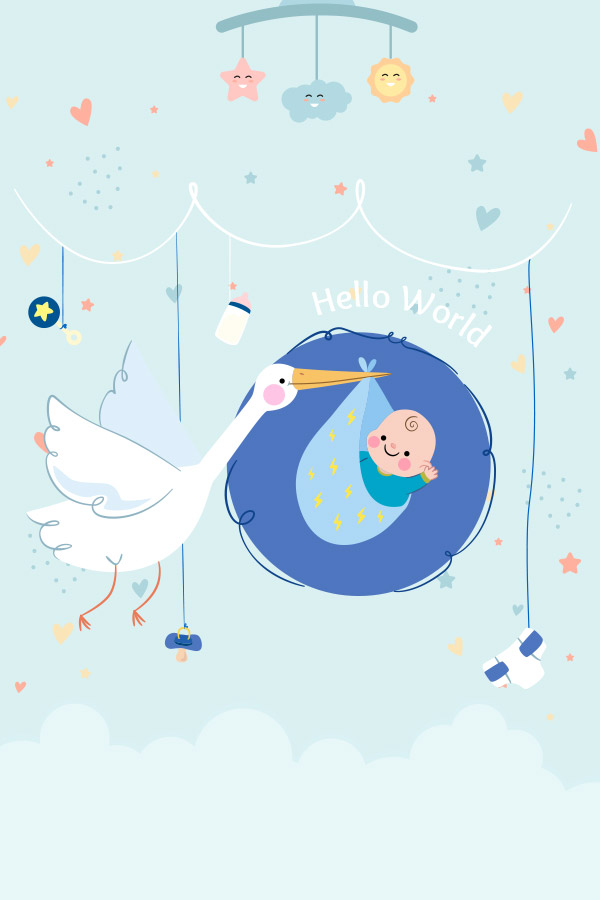Parents often seek advice when their children are young. Infants, toddlers, and even teens can be intimidating. However, we are still their parents when they reach adulthood. Parenting adult children can be both rewarding and infuriating simultaneously. If you have raised your children to show you respect and haven’t had these issues before, they may be trying to send a message. Sometimes adult children are still afraid to express their disappointment in their parents or what they want from them for fear of rejection. When we reach adulthood, sometimes that manifests in disrespectful behaviors because we feel that we should know how to ask for what we want. In other cases, children may feel that they have been disrespected as adults and retaliate. No matter the catalyst, it’s important to consider your relationship, their coping or expressive skills, and what is best for you.
Getting to the Root of the Problem
When you want to eliminate disrespect by your children, first you must discover what the problem is. Sometimes, the problem will lie in something that you have done that your children cannot articulate properly to you. They may be able to articulate just fine with others but forget how when it comes to their parents. As a parent, you want to encourage them to take responsibility for their reactions and help them find ways to reach their parents that are more constructive than destructive. You probably spent most of their childhood trying to teach them how to communicate, but for some reason, we forget that when it comes to our parents. Some of us revert into disrespectful teens since those are our last memories of being at home.
What If I Have Nothing to Do with the Problem?
Sometimes children and adults act out the most with the people that we love the most. We feel safest in their presence, so we treat them the worst. That is not acceptable, and you shouldn’t stand for it. Just as in the previous section, you should help them find ways to cope with their stresses, but never accept disrespectful behaviors.
Create Distance
Regardless of the reason for disrespect, there is never an excuse for it. Even if they feel that you have been disrespectful to them, two wrongs don’t make a right. One of you has to confront the problem rather than exacerbate it. Sometimes that means that you must create distance. If you are in their presence, walk away or leave until you can talk with cooler heads. If you live in the same household, go to your corners, so to speak. Go to your personal space. Lock the door if you must. If the disrespect seems violent or volatile, get away from the situation even if that means leaving them at your home while you get to a safe place. You can involve the authorities if you need your adult children removed from the home, but in the moment, leaving might be the most prudent.
Does the Distance Need to be Permanent?
Not necessarily. If your child just needs space to process a real or perceived wrong, you may be able to come back and have a civil conversation later where you both acknowledge any wrongdoing and work to meet each other’s needs for respectful communication in the future. Just as when they were young children, you are not obligated to say yes even if they don’t like it. Saying no to something isn’t inherently disrespectful.
Set Clear Boundaries
Yelling or even talking to someone and telling them you will not tolerate disrespect can feel a bit vague. You need to set the boundaries that are okay to say within. You may be able to handle raised voices, but certain words are off limits. On the other hand, you might require your children to speak to you in even, normal volumes but curse words aren’t necessarily a problem. Be clear about your boundaries and remain firm.
Respect Their Boundaries Too
If your child feels disrespected when you use a childhood nickname, you should respect that. They may also have preferences for vocabulary and volume. As adults, they should receive the same treatment you would give other adults. All people deserve to feel respected and their relationship to you shouldn’t preclude that.
Don’t Be Afraid to Cut Ties
If you have tried to be respectful and follow your child’s boundaries, but they keep crossing yours, you do not have to keep in touch. You are under no obligation to be disrespected by someone due to their genetic connection to you. Even as a mother or father, it is okay to say, “I cannot tolerate this treatment. I will not be disrespected, and you cannot be in my life if you won’t accept my boundaries.” It seems harsh, but motherhood or fatherhood doesn’t require that you allow your children to disrespect you.
Final Thoughts
Dealing with disrespectful adult children can be as challenging as dealing with disrespectful youths. You want to be a good parent and be there for them, but you also don’t want to be disrespected or harmed in the process. Help your children in any way that you can, but you shouldn’t subject yourself to unfair treatment. Each person needs different care and boundaries. Set those and be firm while also trying to respect your child’s boundaries.









Leave a Reply
View Comments